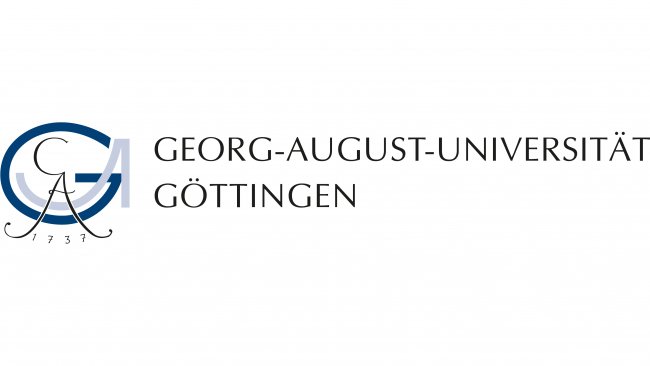University of Göttingen

The University of Göttingen (Georg-August-Universität Göttingen, GAU), known informally as Georgia Augusta, is a public comprehensive research university in the town of Göttingen, Germany. Founded in 1734 by George II, King of Great Britain and Elector of Hanover, and starting classes in 1737, the university is the oldest in the state of Lower Saxony and the largest in student enrollment, which stands at around 26,000. Home to many noted figures, it represents one of Germany's historic and traditional institutions. The fame of the University in Germany and worldwide, is enhanced by its 45 Nobel Prize Winners. Due to these facts, Göttingen was named The city of science.
Göttingen is one of the most prestigious universities in Germany. As a member of the Coimbra Group, it also enjoys great international renown. The university maintains strong connections with major research institutes based in Göttingen as well, especially those of the Max Planck Society for the Advancement of Science and the Gottfried Wilhelm Leibniz Scientific Community. With approximately 4.5 million volumes, the Göttingen State and University Library ranks among the largest libraries in Germany.